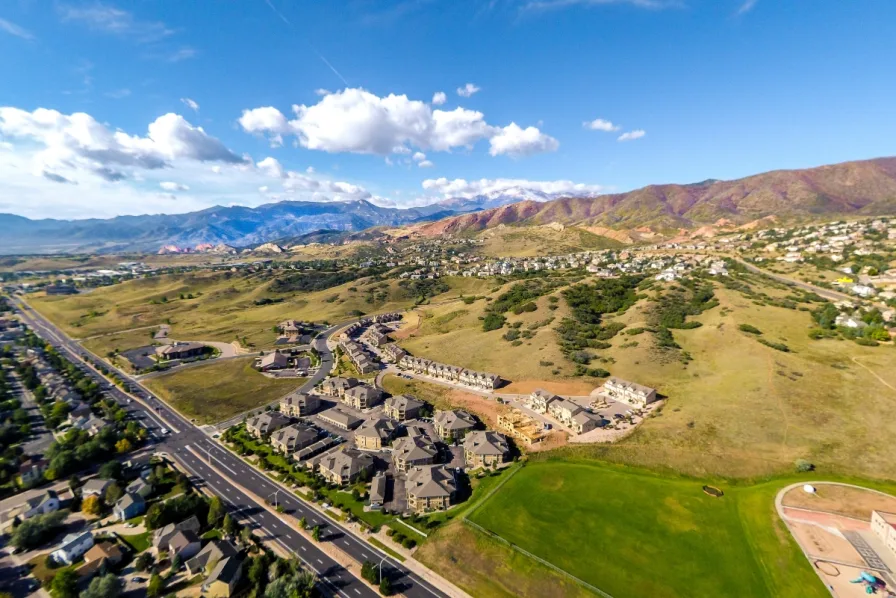Phoenix and Denver stand as thriving hubs, attracting a surge of residents owing to their allure and opportunities. These states, Arizona and Colorado, boast remarkable offerings in sports, entertainment, and nature, making them coveted destinations. As we explore the comparisons between Phoenix and Denver, let’s delve into various facets that differentiate these cities, aiding your decision-making process if you’re contemplating a move.
Lifestyle & Outdoor Activities
Both cities, housing significant populations, offer a blend of urban amenities coupled with expansive natural landscapes. Embracing an active lifestyle is a common trait in residents of Phoenix and Denver. With a diverse array of outdoor activities like hiking, skiing, biking, boating, and fishing, both cities provide year-round engagement opportunities.
However, your outdoor preferences might steer you toward a specific choice. Denver beckons snow sports enthusiasts with its proximity to skiing and snowshoeing locales, unlike Phoenix. Conversely, Phoenix boasts a climate conducive to hiking, biking, and camping for more extended periods throughout the year, favoring warm weather enthusiasts.

Weather Variability
The weather becomes a decisive factor when contemplating these locations. Phoenix boasts a temperate climate, drawing individuals eager to escape extensive snow and ice, while Denver embraces varied weather patterns. A warm fall in Denver might offer December days at 70 degrees, but snowfall on Halloween isn’t unheard of, rendering its seasons unpredictable.
Both cities, while enjoying pleasant weather, encounter occasional challenges. Denver contends with snow and ice storms, while Phoenix’s long summers often entail sweltering heat, compelling indoor retreats. Their weather schedules seem to contrast, with Colorado’s delightful summers contrasting Arizona’s more temperate winters.
Holidays & Seasons
Seasonal changes and festive occasions shape the cultural ambiance of a city. Denver experiences distinct fall and winter seasons, embracing the changing leaves and snowfall, offering a traditional holiday ambiance. In contrast, Phoenix’s absence of significant seasonal shifts, particularly in fall, might not align with traditional holiday expectations.
Cost of Living
The day-to-day expenses in Phoenix and Denver, such as gas, dining, and entertainment, align closely with the national average. However, housing costs, a significant component of living expenses, surge higher in both cities, increasing over the years. Denver’s median home prices range from $530,000 to $550,000 for detached homes, slightly above Phoenix’s $410,000 median price. Suburban areas offer relatively more affordable living alternatives in both cities.

Traffic & Commuting
Both cities grapple with escalating population influxes, impacting commuting experiences. Phoenix’s extensive infrastructure supports its growth, contrasting Denver’s congested highways, especially during ski season. Toll roads add to Denver’s commuting expenses, unlike Phoenix’s toll-free commuting options.
Housing Markets
The housing market in both cities reflects an upward trend, making homeownership challenging. Short-term rentals, prevalent in Phoenix and Denver, impact housing availability. However, Colorado’s restrictions on non-primary residence purchases aim to counteract this trend, though the rental market remains competitive.

Ultimately, there isn’t a wrong choice between these beautiful locales. Each city’s offerings and growth potential make them desirable, emphasizing the importance of financial planning and long-term vision for a contented life.





